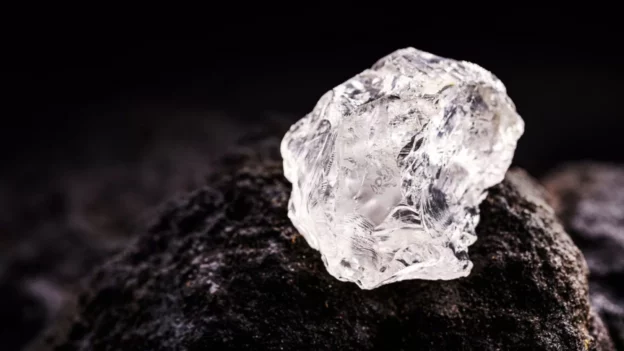A recent report from the National Energy Technology Laboratory ( NETL ) demonstrates the potential of wastewater as a viable lithium source in the Appalachian region. This promotes an innovative perspective regarding wastewater management.
The potential of wastewater
Lithium is used in a host of current technological products, from mobile phones to electric vehicles, and this mineral is found in large quantities in wastewater from Appalachian fracking processes . NETL project manager Justin Mackey highlights that these fluids are usually considered waste, but in reality they contain high levels of lithium, compared to other regions.
On the other hand, the research reveals that the Marcellus Shale formation, characterized by containing volcanic ash between its strata, is a rich source of lithium , which has disintegrated into the fluids present. This research demonstrates a specific area within Pennsylvania, with notable riches for lithium recovery.
According to NETL data, lithium extraction from wastewater in the Marcellus formation could meet between 38% and 40% of US domestic demand , estimated at about 3,000 metric tons annually. This suggests a promising future for the exploitation of this resource as a complement to traditional extractive operations.
A different vision of Fracture Processes
Currently, the research team, made up of experts such as Daniel J. Bain, Greg Lackey and others, point out that the majority of the water produced is reused in the fracturing process. However, more efficient management could transform this byproduct into a more economical source of lithium extraction, reducing infrastructure costs.
According to the United States Geological Survey , the gas potential in Marcellus is vast and it is estimated that the reserves could sustain production for several decades. The high concentration of lithium in north central Pennsylvania allows the region to position itself as an ideal candidate to develop this opportunity.

An introduction to the laboratory spaces and studies. Source: National Energy Technology Laboratory.
The NETL study estimates significant lithium yields, based on analysis of 595 reports from 515 wells . This compliance and production information reported to the Pennsylvania Department of Environmental Protection will focus and support the US Department of Energy’s efforts to improve carbon management and promote environmentally friendly measures.
Follow us on social networks and don’t miss any of our publications!
Inspenet.com YouTube LinkedIn Facebook Instagram X
Source: NETL
Photo: Shutterstock

